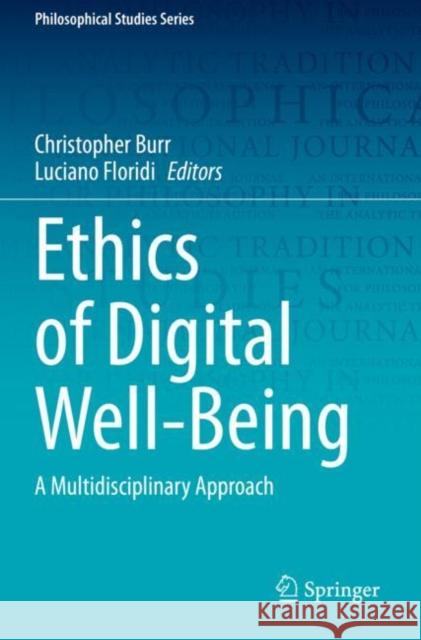Ethics of Digital Well-Being: A Multidisciplinary Approach » książka
topmenu
Ethics of Digital Well-Being: A Multidisciplinary Approach
ISBN-13: 9783030505875 / Angielski / Miękka / 2021 / 265 str.
Ethics of Digital Well-Being: A Multidisciplinary Approach
ISBN-13: 9783030505875 / Angielski / Miękka / 2021 / 265 str.
cena 402,53
(netto: 383,36 VAT: 5%)
Najniższa cena z 30 dni: 385,52
(netto: 383,36 VAT: 5%)
Najniższa cena z 30 dni: 385,52
Termin realizacji zamówienia:
ok. 16-18 dni roboczych.
ok. 16-18 dni roboczych.
Darmowa dostawa!
Kategorie BISAC:
Wydawca:
Springer
Seria wydawnicza:
Język:
Angielski
ISBN-13:
9783030505875
Rok wydania:
2021
Wydanie:
2020
Numer serii:
000082113
Ilość stron:
265
Oprawa:
Miękka
Wolumenów:
01











